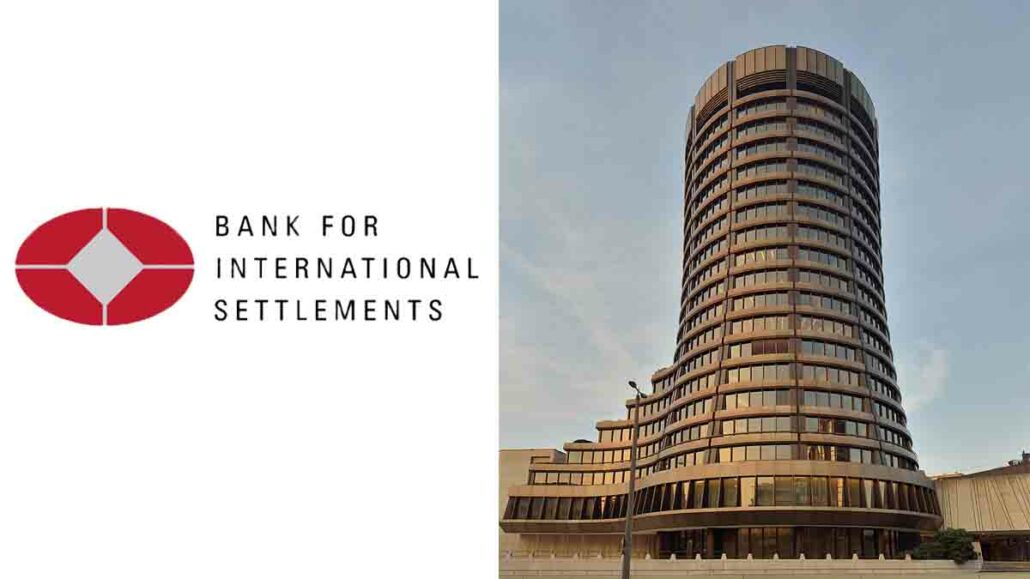The Bank for International Settlements (BIS) is a unique international organization that serves as a central bank for central banks. Established in 1930, its primary mission is to foster international monetary and financial stability. Unlike traditional commercial banks, the BIS does not deal directly with individuals or businesses. Instead, it caters exclusively to central banks and international financial institutions.

The BIS plays a crucial role in promoting global economic cooperation and stability. It acts as a forum for central bankers to discuss monetary policy issues, exchange information, and coordinate their actions. Additionally, the BIS conducts research and analysis on international financial markets, providing valuable insights to policymakers worldwide.
The Role of the BIS
- Promoting International Monetary Cooperation: The BIS fosters cooperation among central banks, facilitating the coordination of monetary policies and contributing to global financial stability.
- Serving as a Bank for Central Banks: The BIS provides a range of banking services to its member central banks, including currency exchange, securities settlement, and custodial services.
- Acting as a Financial Market Infrastructure: The BIS plays a crucial role in the development and operation of financial market infrastructures, such as payment systems and securities settlement systems.
- Conducting Research and Analysis: The BIS conducts research on a wide range of economic and financial issues, providing valuable insights to policymakers and market participants.
Activities of the BIS
- Basel Committee on Banking Supervision: The BIS houses the Basel Committee on Banking Supervision, which develops international standards for banking regulation and supervision. These standards are designed to enhance the stability and resilience of the banking system.
- Committee on Payments and Market Infrastructures (CPMI): The CPMI is a joint forum of the BIS and the International Organization of Securities Commissions (IOSCO). It promotes the safety, efficiency, and integrity of payment systems and market infrastructures.
- Financial Stability Board (FSB): The FSB is a global body that coordinates the international response to systemic risks in the financial system. It is chaired by the BIS and includes representatives from major economies and international financial institutions.
BIS and Global Financial Stability
The BIS plays a crucial role in maintaining global financial stability. It monitors international capital flows, assesses systemic risks, and promotes sound banking practices. By fostering cooperation among central banks, the BIS helps to prevent financial crises and ensure the smooth functioning of the global economy.
BIS and the Basel Accords
The BIS is best known for developing the Basel Accords, a set of international banking standards. These accords establish minimum capital requirements for banks to ensure their financial soundness and resilience. The Basel Accords have had a significant impact on the global banking industry, promoting stability and reducing systemic risk.
Areas Where the BIS Contributes to Financial Stability
- Addressing systemic risks: The BIS helps identify and address emerging systemic risks in the global financial system, such as those related to shadow banking, derivatives, and climate change.
- Promoting financial inclusion: The BIS supports efforts to promote financial inclusion, ensuring that everyone has access to essential financial services.
- Fostering cross-border financial flows: The BIS works to facilitate cross-border financial flows in a safe and efficient manner.
Frequently Asked Questions (FAQs)
What is the BIS?
The BIS is a global financial institution that serves as a central bank for central banks.
What are the main functions of the BIS?
The BIS promotes international monetary and financial stability, facilitates cooperation among central banks, and provides statistical data and policy advice.
What are the Basel Accords?
The Basel Accords are a set of international banking standards developed by the BIS to ensure bank solvency and stability.
How does the BIS contribute to global financial stability?
The BIS monitors financial markets, assesses risks, and promotes sound banking practices to prevent financial crises.
Where is the BIS located?
The BIS is headquartered in Basel, Switzerland.
Is the BIS a government organization?
No, the BIS is an independent international organization.
How often does the BIS publish its statistical data?
The BIS publishes its statistical data on a regular basis, often monthly or quarterly.
What is the role of the BIS in promoting financial inclusion?
While the BIS primarily focuses on financial stability, it also supports initiatives to promote financial inclusion and access to financial services.
Does the BIS have a monetary policy?
No, the BIS does not have its own monetary policy. It primarily focuses on facilitating cooperation among central banks.
How can I learn more about the BIS?
You can visit the BIS website (bis.org) for detailed information, publications, and statistical data.
Conclusion
The Bank for International Settlements is a vital institution in the global financial landscape. Its role in promoting international monetary cooperation, serving as a bank for central banks, and fostering financial stability is essential for ensuring a stable and resilient global economy. As the world continues to become increasingly interconnected, the BIS will likely play an even more important role in shaping the future of international finance.

